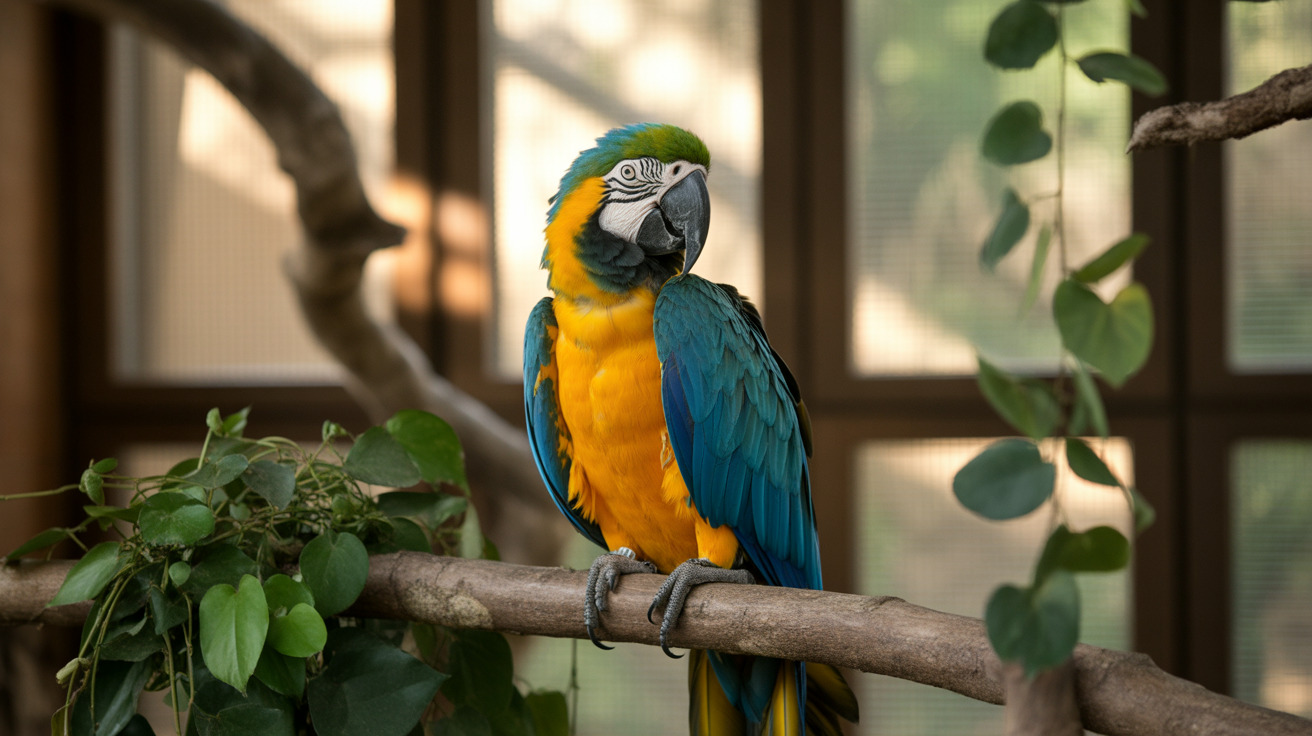Can Cats Eat Yogurt? Everything You Need to Know
Many cat owners enjoy treating their pets to human snacks now and then, and yogurt is often considered due to its health benefits for humans. But the question remains:
Can cats have yogurt? The answer is yes—but with some important caveats.
Is Yogurt Safe for Cats?
In general,
plain, unsweetened yogurt is not toxic to cats and can be safely consumed in small quantities. Yogurt contains live cultures that may aid digestion and help maintain a healthy gut flora, which is also a benefit for some animals.
However, most adult cats are
lactose intolerant, meaning their digestive systems lack the enzyme lactase needed to break down lactose found in milk products. Despite this, the fermentation process used to make yogurt significantly reduces its lactose content, often making it easier for cats to digest compared to milk or cream.
Benefits of Yogurt for Cats
While yogurt isn’t necessary in a cat’s diet, small servings may offer some benefits:
- Probiotic Support: Yogurt contains beneficial bacteria that may support digestive health.
- Protein and Calcium: It provides some protein and calcium, though cats typically get these nutrients from their main diet.
- Treat Enrichment: Providing yogurt occasionally can add variety and texture to a cat's diet, stimulating their interest.
Risks of Feeding Cats Yogurt
Despite some possible benefits, there are also some risks to consider:
- Lactose Intolerance: Some cats might still experience digestive upset such as diarrhea or vomiting.
- Added Sugars and Artificial Sweeteners: Flavored yogurts often contain ingredients harmful to cats, including xylitol, which is toxic.
- Allergic Reactions: Dairy can be an allergen for some cats, contributing to skin or gastrointestinal symptoms.
What Type of Yogurt is Best for Cats?
If you decide to give your cat yogurt, choose the right kind. The best choices include:
- Plain yogurt: No added sugars, flavors, or sweeteners.
- Greek yogurt: Thicker and generally lower in lactose.
- Organic or natural brands: Fewer additives and higher quality ingredients.
How Much Yogurt Can Cats Eat?
Limit yogurt to occasional treats. Offer no more than
one teaspoon at a time, and only 1–2 times per week. Always monitor your cat after the first serving to watch for any adverse reactions. If your cat tolerates it well, it can remain an occasional treat.
Signs That Yogurt Isn’t Right for Your Cat
Watch for the following symptoms after feeding your cat yogurt:
- Vomiting or diarrhea
- Excessive gas or bloating
- Lethargy or discomfort
- Scratching or skin irritations (possible allergy)
If your cat shows any of these signs, avoid giving them yogurt and consult a veterinarian.
Alternatives to Yogurt for Cats
Want to offer your cat a healthy treat without risking dairy issues? Try these alternatives:
- Cooked chicken or turkey: High in protein and delicious for cats.
- Cat-safe vegetables: Small bits of cooked carrots or peas.
- Commercial cat treats: Specially designed for feline health and flavor.
- Lactose-free dairy products: Some pet-friendly dairy items exist.
Final Thoughts
While
cats can have yogurt, it should only be fed in small, plain portions and used as an occasional treat. Avoid any yogurts with sweeteners, flavors, or additives. If in doubt, consult your veterinarian before introducing anything new to your cat’s diet. Treats like yogurt can add variety and benefit to your cat’s life—but only when done responsibly.





